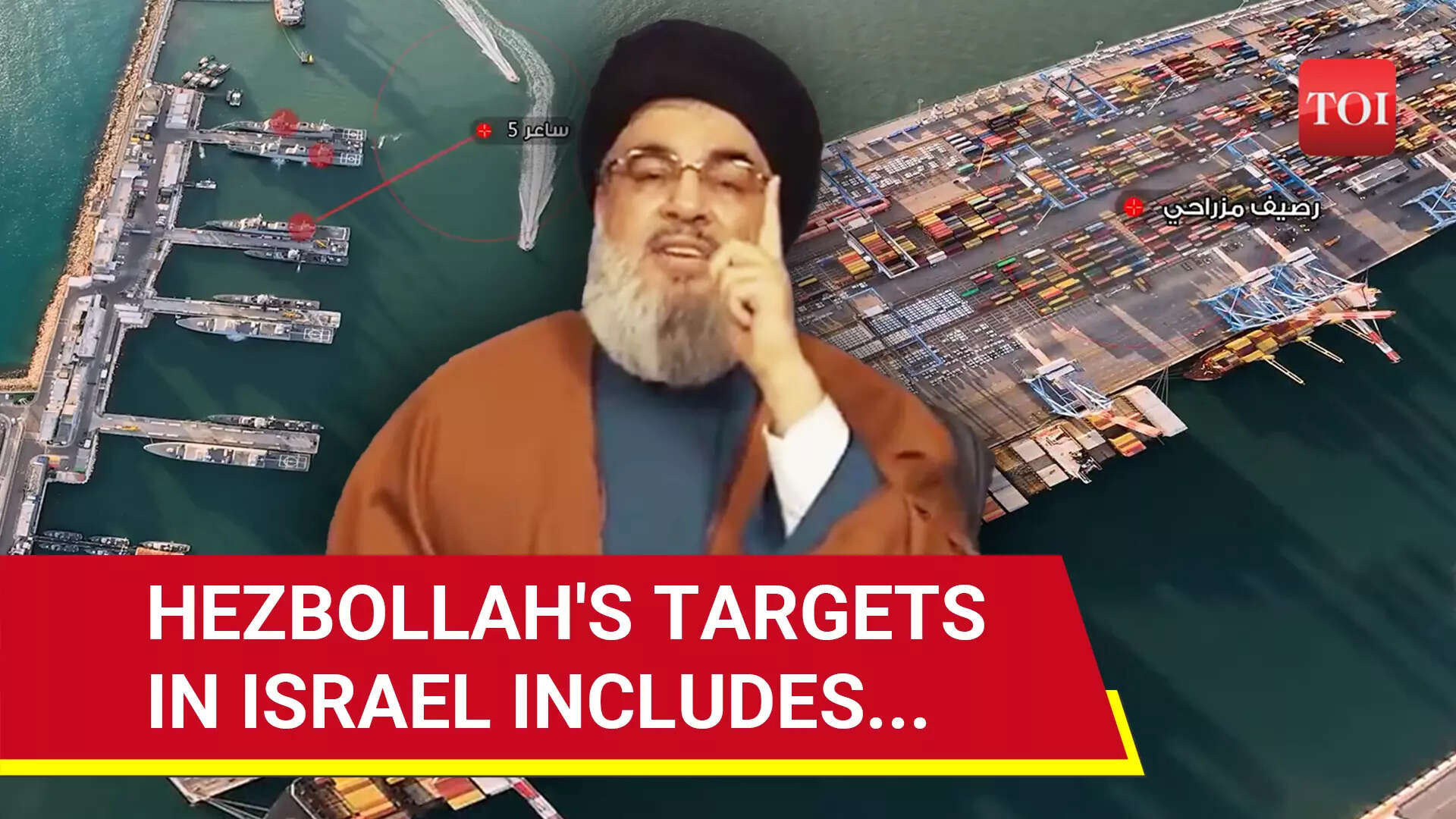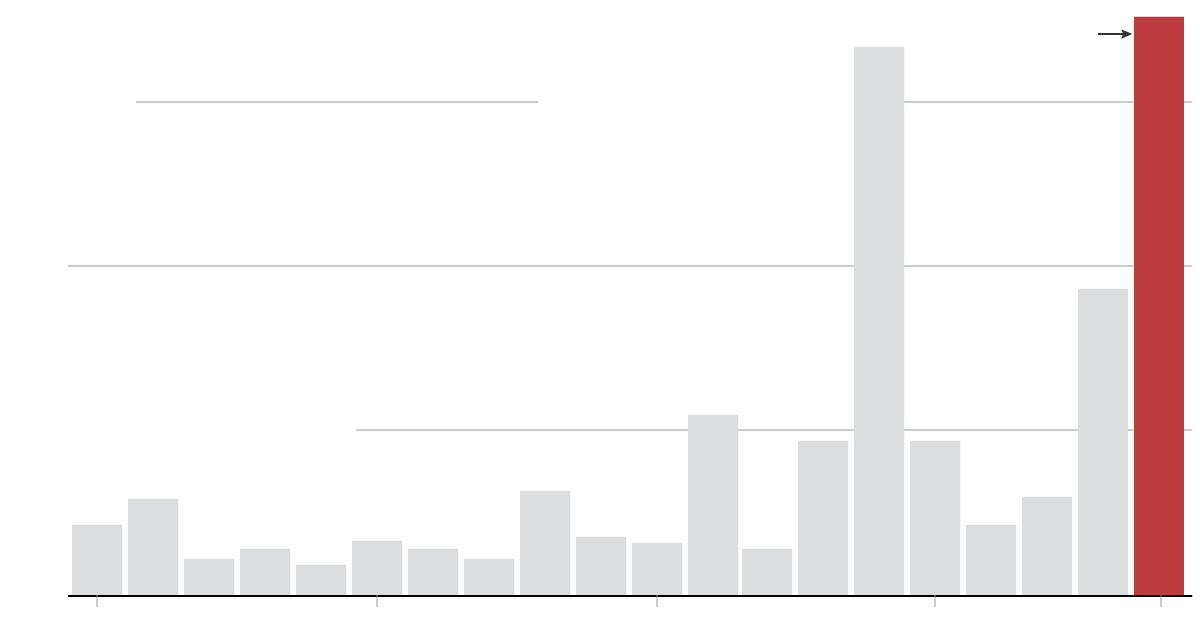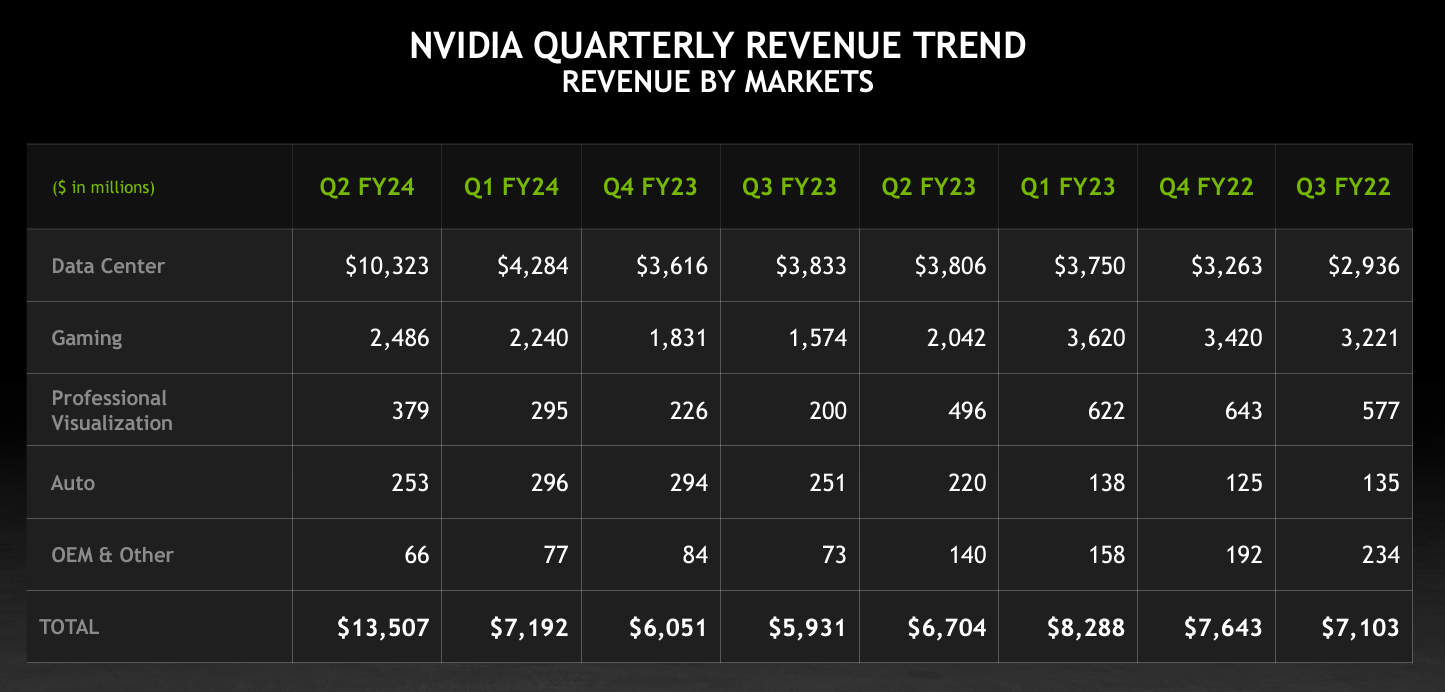The Impact Of Israeli Intelligence On Hezbollah's Activities In Southern Lebanon

Table of Contents
Israeli Intelligence Gathering Methods Targeting Hezbollah
Israeli intelligence employs a sophisticated and multi-layered approach to monitor and counter Hezbollah's activities. This involves a combination of technological prowess and human intelligence gathering.
Surveillance Technologies
Israel leverages cutting-edge surveillance technologies to maintain a constant watch on Hezbollah.
- Satellite Imagery: High-resolution satellites provide imagery of Hezbollah infrastructure, weapons storage sites, and troop movements, allowing for the identification of potential threats. The accuracy and detail provided are crucial for planning targeted operations.
- Drones: Unmanned aerial vehicles (UAVs) offer real-time surveillance capabilities, providing close-range observation and reconnaissance, filling in gaps where satellite imagery may be limited.
- Electronic Surveillance (SIGINT): Intercepting and analyzing Hezbollah's communications – from phone calls to encrypted messages – provides invaluable intelligence on planned operations, logistics, and command structures. This signals intelligence is critical for preemptive action.
Israel's ability to penetrate Hezbollah's communication systems is a significant factor in its strategic advantage. This includes the interception and decryption of coded messages, allowing for the disruption of planning and coordination. However, Hezbollah constantly works to improve its encryption and communication security, presenting a persistent challenge.
Human Intelligence (HUMINT)
Human intelligence plays a vital role, despite the inherent risks and challenges.
- Informants within Hezbollah: Recruiting informants within Hezbollah's ranks or its support networks provides direct access to crucial information about operational plans, internal dynamics, and future intentions.
- Undercover Agents: Deep penetration operations, while extremely dangerous and resource-intensive, can yield exceptionally valuable intelligence, particularly on Hezbollah's leadership and strategic planning.
- Defectors: Individuals who defect from Hezbollah can provide critical insights into the organization's inner workings, often revealing sensitive details about operational procedures and strategies.
Recruiting and managing HUMINT assets in such a hostile environment is fraught with danger. The rewards, however, can be substantial, giving Israeli intelligence a crucial edge in understanding and countering Hezbollah's activities.
The Impact of Israeli Intelligence on Hezbollah's Operational Capabilities
The effectiveness of Israeli intelligence is evident in its impact on several key aspects of Hezbollah's operations.
Disruption of Weapon Procurement and Smuggling
Israeli intelligence plays a critical role in disrupting Hezbollah's attempts to acquire advanced weaponry and explosives. This involves:
- Interception of arms shipments: Intelligence operations have successfully intercepted numerous shipments of weapons and explosives destined for Hezbollah, significantly hindering its military buildup.
- Targeting supply routes: By identifying and disrupting supply routes, Israel aims to choke off the flow of weapons and materials crucial to Hezbollah's operations.
- Targeting suppliers: Intelligence efforts extend to identifying and targeting the external sources supplying Hezbollah with weaponry and resources, impacting the organization's ability to rearm.
These operations have demonstrably weakened Hezbollah's military strength, limiting its ability to launch large-scale attacks.
Prevention of Cross-Border Attacks
Israeli intelligence has proven highly effective in preventing attacks against Israeli targets.
- Preemptive strikes: Intelligence-led preemptive strikes have neutralized numerous planned attacks, disrupting Hezbollah's plans and preventing potential casualties.
- Targeted assassinations: The elimination of key Hezbollah operatives through intelligence-driven operations has weakened its command structure and operational capabilities.
- Disruption of training camps: Intelligence has led to the identification and targeting of Hezbollah training camps, disrupting the organization's ability to recruit and train new fighters.
The success of these preemptive measures is a testament to the effectiveness of Israeli intelligence gathering and its contribution to regional stability.
Targeting Hezbollah Leadership and Infrastructure
Intelligence plays a crucial role in identifying and neutralizing Hezbollah leaders and infrastructure.
- Targeted assassinations of key figures: The elimination of high-value targets disrupts Hezbollah's command structure and weakens its ability to plan and execute operations.
- Strikes on critical infrastructure: Damaging key infrastructure, based on intelligence assessments, can cripple Hezbollah’s logistical capabilities.
Such actions, while effective in weakening Hezbollah, raise significant ethical and legal considerations concerning proportionality and the potential for civilian casualties.
The Limitations of Israeli Intelligence and Hezbollah's Countermeasures
Despite its successes, Israeli intelligence faces limitations and Hezbollah employs countermeasures.
Hezbollah's Counter-Intelligence Efforts
Hezbollah is adept at countering Israeli intelligence efforts.
- Deception and misinformation: Hezbollah actively employs deception tactics to mislead Israeli intelligence, diverting attention from real activities and creating false trails.
- Counter-surveillance: Hezbollah employs counter-surveillance techniques to detect and avoid Israeli surveillance efforts, thereby hindering intelligence gathering.
- Information warfare: Hezbollah uses information warfare to spread disinformation and cast doubt on Israeli intelligence assessments.
This constant interplay between intelligence gathering and counter-intelligence creates a dynamic and challenging environment.
The Challenges of Operating in a Densely Populated Area
Operating in Southern Lebanon's densely populated areas presents significant challenges.
- Civilian casualties: The risk of civilian casualties is a major concern in intelligence operations, demanding careful planning and consideration of ethical implications.
- Distinguishing combatants from civilians: Identifying Hezbollah operatives in a civilian population presents a formidable challenge, increasing the potential for unintended consequences.
- Complex terrain and infrastructure: The geographic complexities of Southern Lebanon, including its dense urban areas and varied terrain, make surveillance and intelligence gathering more difficult.
Conclusion
The impact of Israeli intelligence on Hezbollah's activities in Southern Lebanon is undeniable. Through sophisticated technological capabilities and effective human intelligence gathering, Israel has significantly disrupted Hezbollah's operations, preventing attacks and hindering its military buildup. However, the inherent limitations of intelligence gathering, the challenges of operating in a densely populated area, and Hezbollah's robust counter-intelligence measures underscore the ongoing nature of this complex struggle. Further research is needed to fully analyze the long-term effectiveness of Israeli intelligence strategies, including the potential applications of Artificial Intelligence and machine learning in this context. Understanding the impact of Israeli intelligence on Hezbollah’s activities in Southern Lebanon remains crucial for comprehending regional stability and the ongoing conflict.

Featured Posts
-
 The Ultimate Guide To Paris Best Neighborhoods
May 30, 2025
The Ultimate Guide To Paris Best Neighborhoods
May 30, 2025 -
 Pasxalines Ekdiloseis Stin Tileorasi Plires Programma E Thessalia Gr
May 30, 2025
Pasxalines Ekdiloseis Stin Tileorasi Plires Programma E Thessalia Gr
May 30, 2025 -
 Measles Cases In The Us A Slowdown Explained
May 30, 2025
Measles Cases In The Us A Slowdown Explained
May 30, 2025 -
 Solid Corporate Earnings A Temporary Trend Analysis And Forecast
May 30, 2025
Solid Corporate Earnings A Temporary Trend Analysis And Forecast
May 30, 2025 -
 Andre Agassi To Play First Professional Pickleball Tournament
May 30, 2025
Andre Agassi To Play First Professional Pickleball Tournament
May 30, 2025
